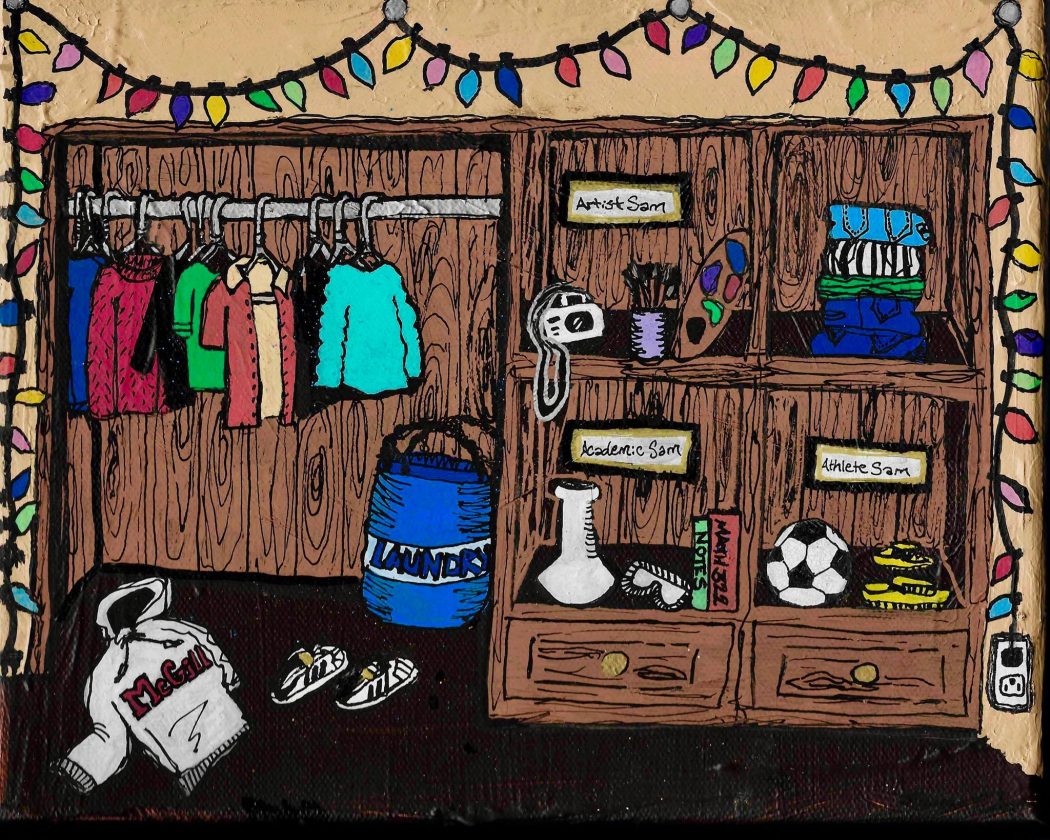Popularized by Malcolm X in his speech at the Organization of Afro-American Unity, the phrase “by any means necessary” communicated the idea that an organization was willing to do anything required in order to achieve their desired goals. You might already know this, or perhaps you simply recognize the phrase, but what you might not know is the inspiration for Malcolm X’s use of the sentence: Jean-Paul Sartre. Known mostly as a French intellectual for his contributions to the philosophy of existentialism and phenomenology, Sartre originally wrote the phrase for the script of his play Les Mains Sales. That’s right, the same person known for complex philosophical works like Being and Nothingness was also a playwright.
Despite being extremely active in his role as a philosopher, Sartre also devoted significant time to the theatre. He balanced both vocations, each enriching the other. Yet this balance is something with which we students often struggle. We find it difficult to maintain our passions while also devoting ourselves of school. Inspired by this tension, we’ve set out to discover the reasons why some students might let go of their passions in favour of committing to the demands of student life.
A lot of us come to McGill with years of experience being something other than a student. Some of us were athletes, some of us were musicians, and some of us were everything in between. This non-student identity is something that develops over time, through built up passion and the desire to act on it. We want to spend time doing what we enjoy, so we seek out whatever that may be, and dive right in. This helps define and distinguish us as individuals; no longer just ‘____ the student,’ but instead, ‘___ the swimmer,’ the passion becoming a part of who you are.
It’s hard not to make a constant commitment to playing the role of ‘student,’ and in the process, to let go of the passion-based identity you built up over the years.
When the time comes to enter university, however, a lot of things change. You start to shape your life around your identity as a student. Most of your relationships are with other students because they’re other students. You spend 30 hours a week on campus, despite having only 15 hours of class. Between this, extracurricular activities, and planning for life after graduation, it’s hard not to make a constant commitment to playing the role of ‘student,’ and in the process, to let go of the passion-based identity you built up over the years.
With all this being said, we revisit our initial mention of Sartre to argue that this does not have to be the case. Just like Sartre, we should be able to maintain our passionate identity without sacrificing our roles as professionals or as a students. On the surface, this seems incredibly difficult to do; there are only so many hours in the day. How could we make extra time for a passion that comes second to our education? What can we do to embrace our commitment to being a student without neglecting the passion that once brought us so much joy? Being a student roots itself into all areas of your life.
A Management student explained that halfway through her degree, she realized just how alienating being a student can be. “One of the first times I actually noticed how strange my weekly schedule as a student was, was when it interfered with dating. Despite an age gap of just under three years, a guy I’d been seeing at the end of a summer became unreliable due to different schedules and priorities (midterm season still exists in the real world, they just call it end of fiscal year).”
Another student finishing his degree in the Faculty of Arts explained, “I think that school, because it is a top priority, becomes ingrained in all aspects of my life. I often find myself wanting to be able to go out with friends, work out, and play video games, but I find myself having to prioritize school work over these things that I enjoy. Although I understand the importance of getting an education and I know it will pay off in the long run, it’s the momentary lapses…I think being a student has really taught me how to prioritize and time-manage efficiently in order to balance the things that I have to do and the things that I want to do.”
And true to form, we wouldn’t be McGill students if we didn’t pity ourselves (read: brag about) how we had it even worse, ”cause it’s McGill.‘
That’s not to throw the term student in your face as if it’s a disease, rooting itself into your life and disintegrating the person you once were. Rather, our aim is to foster a heightened sense of awareness, especially (and selfishly, for the two authors) during this period of transition as a quarter of our campus’ population (along with the honourable fifth-years) look forward to graduation, soon to be hanging up their caps and robes for the indefinite future. A lot of us can relate to the slap in the face of moving on from high school to university. And true to form, we wouldn’t be McGill students if we didn’t pity ourselves (read: brag about) how we had it even worse, “’cause it’s McGill”.
Regardless of your year, faculty, or age, being a university student is a challenge. But more importantly, your identity as a student is not the only thing that defines you; or at least it won’t be forever. Without having to be selective with the hours in the day, one will often discover parts of themselves they may have otherwise not explored. By fighting for time spent on yourself, this time will subsequently be more appreciated. Because being a student eats up so many hours in each day, those who grow their other interests, because you have so little time for yourself, you are able to prioritize those parts of yourself that are important to you. By embracing the itches of creativity and the drive to start something new, we don’t diminish our capabilities as one identity, but rather grow in all areas of life.








